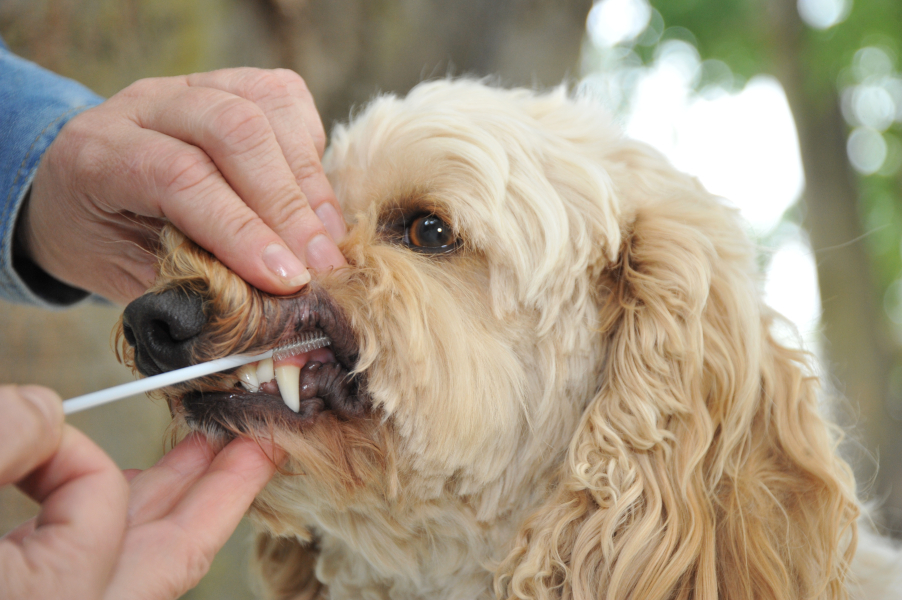Quick Summary
Click here for Price and Turnaround Time
Phenotype: Affected dogs display signs of neurotoxicity following administration of certain drugs, such as ivermectin, acepromazine, loperamide, digoxin, and others. Signs may include tremors, impaired coordination (i.e., ataxia), excess salivation, seizures, slow heart rate (i.e., bradycardia), dilated pupils and respiratory arrest.
Mode of Inheritance: Autosomal incomplete dominance with incomplete penetrance
Breeds appropriate for testing: Mixed breed dogs and purebred dogs, particularly of the following breeds: Australian Shepherd, Border Collie, Collie, English Shepherd, German Shepherd, Longhaired Whippet, McNab Shepherd, Miniature Australian Shepherd, Old English Sheepdog, Rough Collie, Shetland Sheepdog, Silken Windhound, Smooth Collie, Wäller, and White Swiss Shepherd.
Explanation of results:
- Dogs with N/N genotype are expected to not have multidrug sensitivity. They cannot transmit this MDR1 variant to any of their offspring.
- Dogs with N/MDR1 genotype may exhibit multidrug sensitivity and will transmit this MDR1 variant to 50% of their offspring. Matings between two heterozygous dogs may, on average, produce 25% of puppies with multidrug sensitivity.
- Dogs with MDR1/MDR1 genotypes are homozygous for this MDR1 variant and will exhibit multidrug sensitivity even at low doses.
Sample Collection
Dog DNA tests are carried out using cells brushed from your dog's cheeks and gums. The preferred cytology brushes are sent to you by mail, or you may provide your own brushes. For accepted alternative brushes, click here
We recommend waiting until puppies are at least three weeks old before testing.

Step-By-Step:
- Make sure the dog has not had anything to eat or drink for at least 1 hour prior to collecting sample.
- When swabbing puppies, isolate each puppy from the mother, littermates and any shared toys for 1 hour prior to swabbing. Puppies should not have nursed or eaten for 1 hour prior to collecting sample.
- If collecting samples from more than one dog, make sure to sample one dog at a time and wash your hands before swabbing another dog.
- Label brush sleeve with name or ID of dog to be sampled.
- Open brush sleeve by arrow and remove one brush by its handle.
- Place bristle head between the dog’s gums and cheek and press lightly on the outside of the cheek while rubbing or rotating the brush back and forth for 15 seconds.
- Wave the brush in the air for 20 seconds to air dry.
- Insert brush back into sleeve.
- Repeat steps 5 - 8 for each unused brush in sleeve on a fresh area of cheek and gums. Make sure to use and return all brushes sent by the VGL. In most cases, it will be 3 brushes per dog. If using interdental gum brushes, please note that the VGL requires 4 brushes per dog and only moderate or wide interdental gum brushes are accepted.
- Do not seal brushes in sleeve.
- Place all samples in an envelope and return to the address provided.
ATTENTION:
- Do not collect saliva/drool – the key to obtaining a good sample is getting cheek cells on the swab
- Do not rub swab on the dog’s tongue or teeth – this will result in poor quality sample
- Do not collect a sample from a puppy that has recently nursed – the mother’s genetic material can rub off on the puppy’s mouth and contaminate the sample
Multidrug Sensitivity is a heritable condition that affects several purebred and mixed breed dogs. Affected dogs are highly susceptible to neurotoxicity following the administration of certain commonly used drugs, such as ivermectin, moxidectin, selamectin, erythromycin, ketoconazole, levofloxacin, acepromazine, morphine, loperamide, digoxin, cortisol, cimetidine, and others. Administration of these drugs to dogs with two copies of the MDR1 multidrug sensitivity variant should be avoided as they may be potentially lethal even when used at very low doses.
The ATP Binding Cassette Subfamily B Member 1 (ABCB1) gene, also known as the multidrug resistance (MDR1) gene, encodes for a drug transporter protein called P-glycoprotein (P-gp). This protein plays an important role in the blood-brain barrier, acting as a drug-transport pump that prevents certain drugs from accumulating in the brain. A 4-base pair deletion in the ABCB1 gene results in a defective P-gp transporter protein that is no longer able to remove these drugs from the central nervous system, resulting in abnormally high levels of the substances in the brain. Dogs affected by multidrug sensitivity are, therefore, highly sensitive to certain drugs making them susceptible to neurotoxicity even when the drugs are administered at very low doses. Signs of neurotoxicity may include tremors, impaired coordination (i.e., ataxia), excess salivation, seizures, slow hear rate (i.e., bradycardia), dilated pupils and respiratory arrest.
The MDR1 variant was originally identified in association with ivermectin sensitivity in Collies but has since been identified in several other breeds as well as mixed breed dogs. Dogs that have two copies of the MDR1 variant (i.e., homozygous for the MDR1 variant) are affected and will exhibit multidrug sensitivity. Some dogs with one copy of the MDR1 variant have also been reported to exhibit multidrug sensitivity, so caution is advised for heterozygous dogs (N/MDR1).
Testing recommendations: The MDR1 variant has been identified in several breeds and mixed breed dogs. Genetic testing for MDR1 is recommended to identify dogs at risk for multidrug sensitivity. Affected dogs will only exhibit signs of neurotoxicity if exposed to certain drugs. Test results should be shared with the dog’s veterinarian prior to pharmacological treatments. Administration of certain drugs to dogs with this MDR1 variant should be avoided since they may be potentially lethal even when administered at very low doses. Breeding of two dogs that are heterozygous for MDR1 (N/MDR1) may result in 25% MDR1/MDR1-affected puppies.
